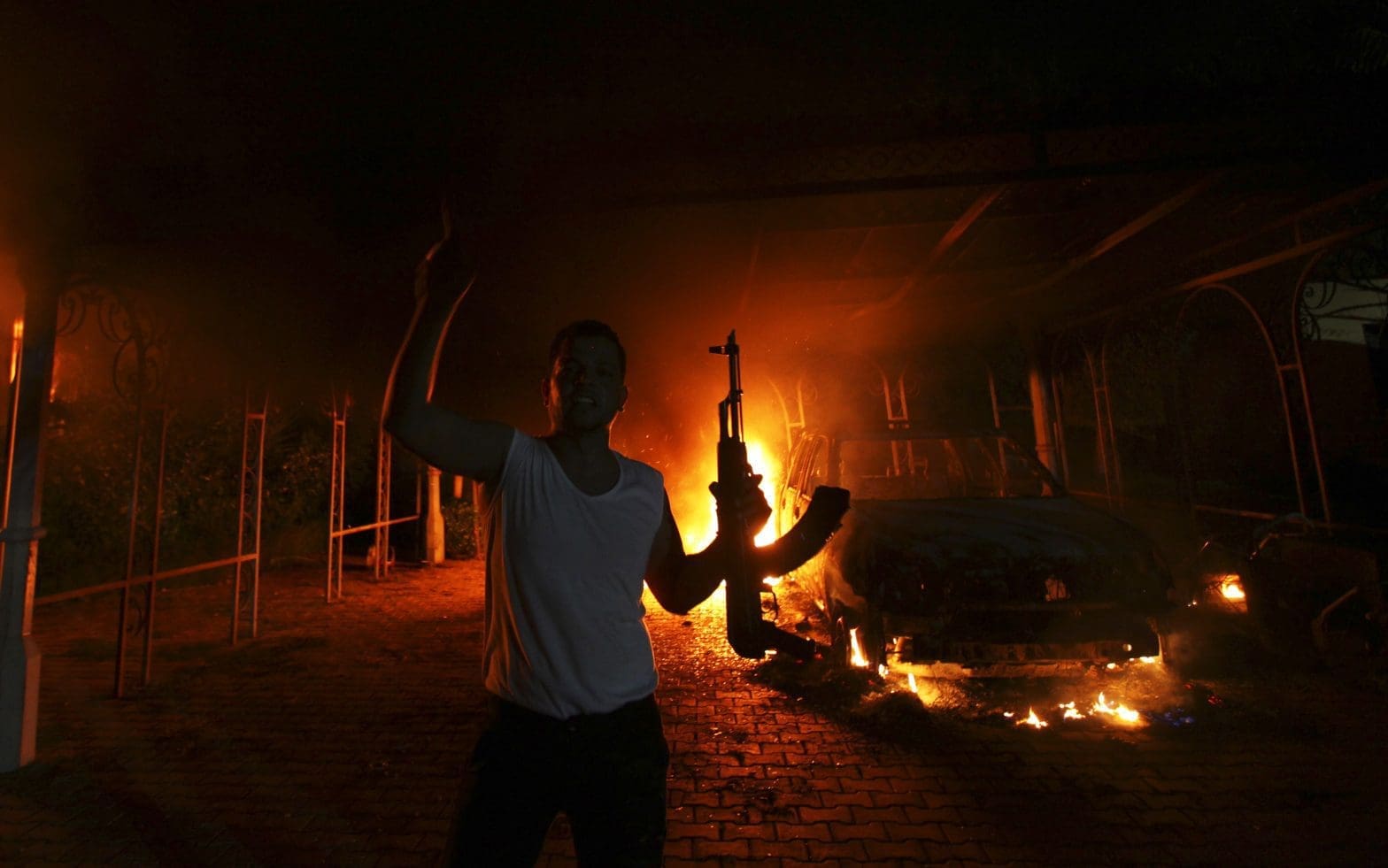U.S. Ambassador Christopher Stevens was killed a few days ago as a result of either a calculated terrorist attack or random violent anti-U.S. protests in Libya.
It is not known yet exactly who the murderers are, but it is not early to explore the global significance of the incident.
The event shows that some Muslims are yet to learn the lesson, despite multiple repetitions since the Salman Rushdie affair a quarter of a century ago. There are still Muslim individuals and groups who are ready to be manipulated by words, drawings or pictures. They have plenty of time to waste on the street, chanting and destroying property. They lack the will to think about the consequences of their “protests.” These young men do not realize that their street demonstrations do not harm the real producers of the anti-Islamic propaganda; instead, they damage the image of Islam and corner Muslim sympathizers in the West.
Moreover, state apparatuses are too weak to control violent demonstrations in some Muslim-majority countries. Worst of all, there are some Muslim religious leaders who call for “a day of rage,” or disseminate and popularize anti-Islamic propaganda — figures who were initially marginal and trivial. This is all good news for Islamophobes and their tacticians.
When Muslims’ values are perceived to be insulted, it should be politicians, intellectuals and strategists, rather than radical protesters, who take prudent steps to defend the dignity, rights and interests of their people.
In general, the Muslim world needs to develop mechanisms and institutions to prevent such provocations in the future. The Organization of Islamic Cooperation (OIC) has taken some important steps forward in promoting respectful, civilized and effective ways of fighting Islamophobia. Their diplomatic attitudes, however, have yet to spread at the grassroots level.
Having access to the masses, Muslim religious leaders can play an important role by emphasizing the importance of proactive, positive and constructive actions. They can remind young protesters that, according to Islam, responsibility for our actions is personal, and that every life should be respected and protected.
In Turkey, for example, the Directorate of Religious Affairs and the Gülen movement have promoted positive action, civilized criticism and, interfaith dialogue. Their activities have contributed to critical dialogue and mutual understanding between Muslims and the followers of other religions.
The recent incident also shows how counterproductive Islamophobia is. There are politicians and religious leaders in the United States and Europe who, unfortunately, promote Islamophobia. Islamophobes think that they will be better off if the tensions between Muslims and the West become deeper; the Arab Awakening turns into a set of anti-Western, Iranian-type Islamist revolutions, and the Obama administration fails to have better relations with Muslim countries. These Islamophobes are wrong. To make enemies out of 1.5 billion Muslims is too risky for Western countries in terms of their global interests, let alone being immoral and unreasonable.
Western countries need to develop effective mechanisms and institutions to marginalize Islamophobes; that will be consistent with their principle of working against discrimination, as well as serving their interests in different parts of the world. Marginalizing Islamophobes in the West will help diminish anti-Westernism in Muslim countries.

